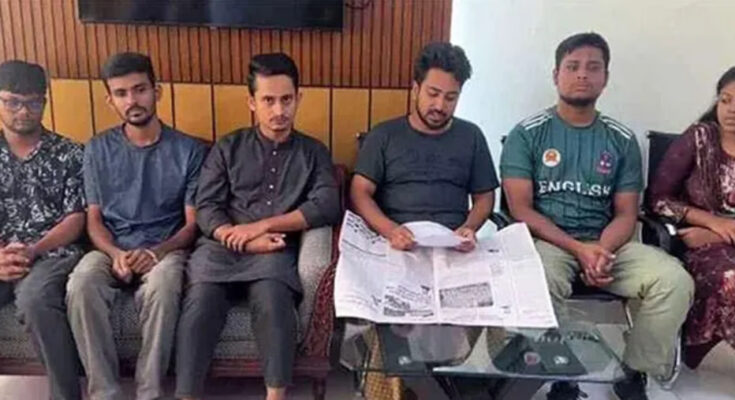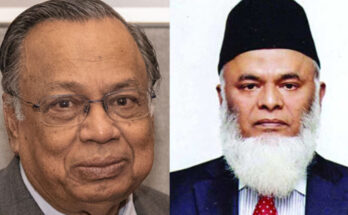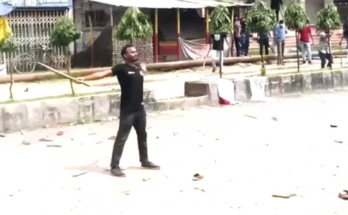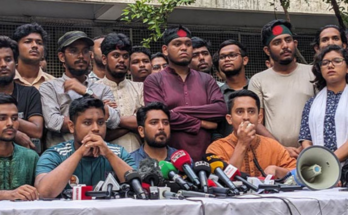Introduction
In a significant development amidst the ongoing anti-discrimination student movement in Bangladesh, six coordinators who were detained by the Detective Branch (DB) of the police have been released. This move comes after immense pressure from civil society and prominent citizens who demanded their unconditional release. This blog post examines the events leading up to their release, the implications for the movement, and the broader context of civil rights in Bangladesh.
The Detention and Release
The six coordinators of the anti-discrimination student movement were taken into custody by the DB in a series of raids that began last Friday. The individuals detained included Nahid Islam, Asif Mahmud, Abu Bakar, Sarjis Alam, Hasnat Abdullah, and Nusrat Tabassum. These detentions took place in various locations, including a hospital in Dhanmondi and a relative’s house in Mirpur.
Release Announcement: On Thursday, shortly after 1 PM, the DB announced the release of the six coordinators. The Additional Commissioner of the Ramna Division, Azhar Mukul, confirmed their release. The coordinators left the DB office in a black vehicle and did not speak to the media.
Civil Society’s Ultimatum
The release followed a 24-hour ultimatum issued by prominent citizens and civil society groups in Bangladesh. On Tuesday, during an event titled “Demand for Justice against Killings, Illegal Detentions, and Torture” at the Dhaka Reporters Unity (DRU) Sagar-Runi auditorium, Dr. Iftekharuzzaman, Executive Director of Transparency International Bangladesh (TIB), gave the ultimatum. He demanded the immediate and unconditional release of the detained coordinators, warning of more severe protests if the demands were not met.
Context of the Anti-Discrimination Movement
The anti-discrimination student movement has been a pivotal force in Bangladesh, advocating for equality and justice in the face of systemic biases. The movement gained momentum in response to the government’s discriminatory quota system in public jobs, which reserves a significant percentage for the descendants of 1971 war veterans.
DB’s Justification and Public Outcry
The DB claimed that the coordinators were kept in custody for their safety, citing security concerns. However, this reasoning has been met with skepticism and criticism. The public and civil society groups have viewed these actions as attempts to intimidate and suppress the movement.
Implications for the Movement
The release of the coordinators is a significant victory for the anti-discrimination student movement. It demonstrates the power of collective action and civil pressure in holding authorities accountable. However, the broader struggle for justice and equality continues. The movement’s demands for systemic change remain unaddressed, and the threat of further crackdowns looms.
Conclusion
The release of the six coordinators from DB custody marks a critical moment in the ongoing anti-discrimination student movement in Bangladesh. It underscores the importance of civic engagement and the power of public pressure in demanding justice. As the movement continues, it is essential to remain vigilant and support efforts to achieve a more equitable and just society.




